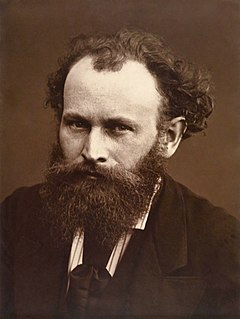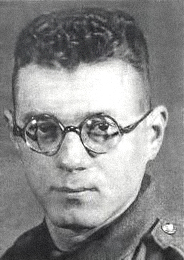A Quote by Edouard Manet
You must always remain master of the situation and do what you please. No school tasks, ah, no! no tasks!
Related Quotes
People are happiest when they're the most productive. People enjoy tasks, especially creative tasks, when the tasks are in the optimal-challenge zone: not too hard and not too easy. To some extent, that has always been true. But it becomes even more true as work becomes more about brains and creativity.
I grow old though pleased with my memories The tasks I can no longer complete Are balanced by the love of the tasks gone past I offer no apology only this plea: When I am frayed and strained and drizzle at the end Please someone cut a square and put me in a quilt That I might keep some child warm And some old person with no one else to talk to Will hear my whispers And cuddle near
There are two synergistic approaches for increasing productivity that are inversions of each other:
1. Limit tasks to the important to shorten work time (80/20).
2. Shorten work time to limit tasks to the important (Parkinson's Law).
The best solution is to use both together: Identify the few critical tasks that contribute most to income and schedule them with very short and clear deadlines.
To confine soldiers to purely military functions while urgent and vital tasks have to be done, and nobody else is available to undertake them, would be senseless. The soldier must then be prepared to become a propagandist, a social worker, a civil engineer, a schoolteacher, a nurse, a boy scout. But only for as long as he cannot be replaced, for it is better to entrust civilian tasks to civilians.
The building art is, in reality, always the spatial execution of spiritual decisions. It is bound to its times and manifests itself only in addressing vital tasks with the means of its times. A knowledge of the times, its tasks, and its means is the necessary precondition of work in the building art.
The important task rarely must be done today, or even this week...But the urgent task calls for instant action...The momentary appeal of these tasks seems irresistible and important, and they devour our energy. But in the light of time's perspective, their deceptive prominence fades; with a sense of loss we recall the vital tasks we pushed aside. We realize we've become slaves to the tyranny of the urgent.







































